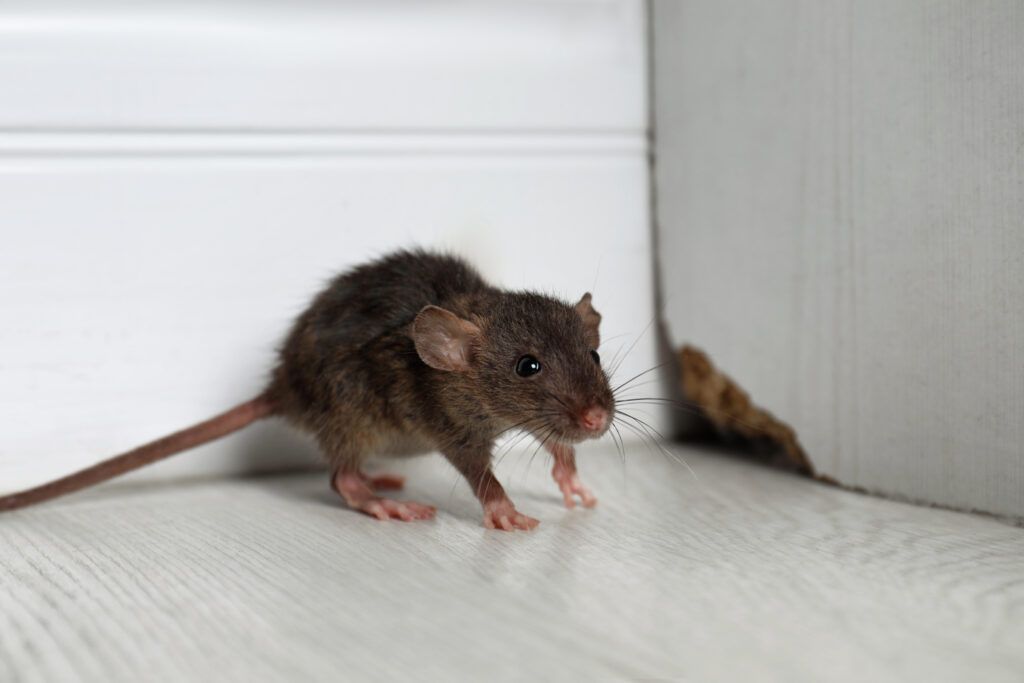Itchy Pets? Discover the Hidden Pests That Might Be to Blame
If your dog or cat can’t stop scratching, it may be more than just dry skin or allergies. Many pet owners overlook a simple but frustrating cause: pests. The truth is, itchy pets hidden pests go hand in hand. From fleas and ticks to mites and even bed bugs, parasites can quickly turn your furry friend’s life into an uncomfortable battle.
In this guide, we’ll uncover the most common pests that cause itching in pets, the warning signs to watch for, and the best solutions to keep your pets healthy and pest-free.
Why Pets Scratch: The Pest Connection
It’s natural for pets to scratch occasionally. However, persistent itching is often linked to parasites that thrive in your home or yard. These pests don’t just cause discomfort—they can also carry diseases, trigger allergic reactions, and lead to skin infections if left untreated.
Recognizing the connection between itchy pets hidden pests is the first step toward protecting your pet’s health and restoring their comfort.
Common Hidden Pests That Cause Itchy Pets
1. Fleas
Fleas are the number one culprit when it comes to itchy pets. These tiny insects feed on blood and reproduce rapidly, which means even a small infestation can spiral out of control. Fleas often cause:
Constant scratching and biting at the skin
Red bumps or scabs, especially around the tail and back legs
Hair loss in severe cases
Even indoor pets aren’t safe—fleas can hitchhike inside on clothing, shoes, or other animals.
2. Ticks
Ticks are not only itchy but also dangerous. They latch onto pets to feed, and in the process, they can spread diseases like Lyme disease and ehrlichiosis. Warning signs include:
Localized redness where the tick has attached
Small lumps on the skin
Excessive licking or scratching in one spot
Removing ticks quickly and carefully is essential to reduce health risks.
3. Mites
Microscopic mites are another hidden threat. Different types can infest pets, including ear mites and mange mites. Symptoms can be severe:
Intense itching, especially around ears and face
Crusty or flaky skin
Hair loss in patches
Dark discharge from ears (in the case of ear mites)
Mite infestations spread easily among animals, making prompt treatment crucial.
4. Bed Bugs
Many pet owners assume bed bugs only affect humans, but these pests will also bite cats and dogs. Their bites can cause itching, redness, and restlessness at night. Signs to look for include:
Small, clustered bite marks on the belly or legs
Tiny blood spots on bedding or furniture
Pets showing increased anxiety or scratching after sleeping
Bed bug infestations often require professional pest control to eliminate.
5. Lice
Though less common, lice can infest pets and cause ongoing itching. Unlike fleas, lice are species-specific, so your pet won’t pass them to you—but the discomfort is very real. Watch for:
Scratching and skin irritation
Dry, scruffy-looking coat
Visible lice or eggs in the fur
How to Tell If Pests Are to Blame
Not all scratching means pests are present. Allergies, dry air, or skin conditions can also cause itching. However, if your pet’s scratching is paired with red bumps, visible pests, or sudden behavior changes, it’s time to investigate further.
A veterinarian can confirm if pests are responsible and recommend the right treatment. Still, prevention and control are just as important as treatment.
Protecting Your Pets from Hidden Pests
1. Regular Grooming
Brush your pets often to spot pests early and keep their coats healthy. Use a flea comb to detect fleas or lice.
2. Veterinary Preventatives
Many vets recommend monthly flea and tick preventatives. These come in topical, chewable, or collar form and provide consistent protection.
3. Clean Living Spaces
Vacuum regularly, wash bedding in hot water, and keep yards trimmed. Pests thrive in warm, cluttered environments, so cleanliness is your best defense.
4. Professional Pest Control
Sometimes DIY solutions aren’t enough, especially with infestations of bed bugs, ticks, or fleas in the home. Professional pest control services can safely and effectively eliminate the problem, protecting both pets and humans.
Why Hidden Pests Are a Bigger Problem Than You Think
Pests don’t just cause itching—they can spread diseases, lead to skin infections, and even harm your household. A flea infestation, for example, doesn’t only irritate your pet. Fleas can bite humans, multiply rapidly in carpets, and spread tapeworms.
By addressing the root cause of itchy pets hidden pests, you not only give your pet relief but also safeguard your family’s health.
When to Call a Professional
If you’ve tried grooming, cleaning, and over-the-counter treatments but your pet still scratches, it’s time to call in reinforcements. Professional pest control companies know how to locate the source of the infestation and eliminate it safely. They can also offer advice tailored to your home, pets, and lifestyle.
Final Thoughts
Persistent scratching is never something to ignore. The real problem may not be allergies or dry skin but itchy pets hidden pests. From fleas and ticks to mites and bed bugs, these tiny intruders can cause big problems for your pets and your family.
By understanding the signs, acting quickly, and seeking professional help when needed, you can ensure your pets live a comfortable, pest-free life.





